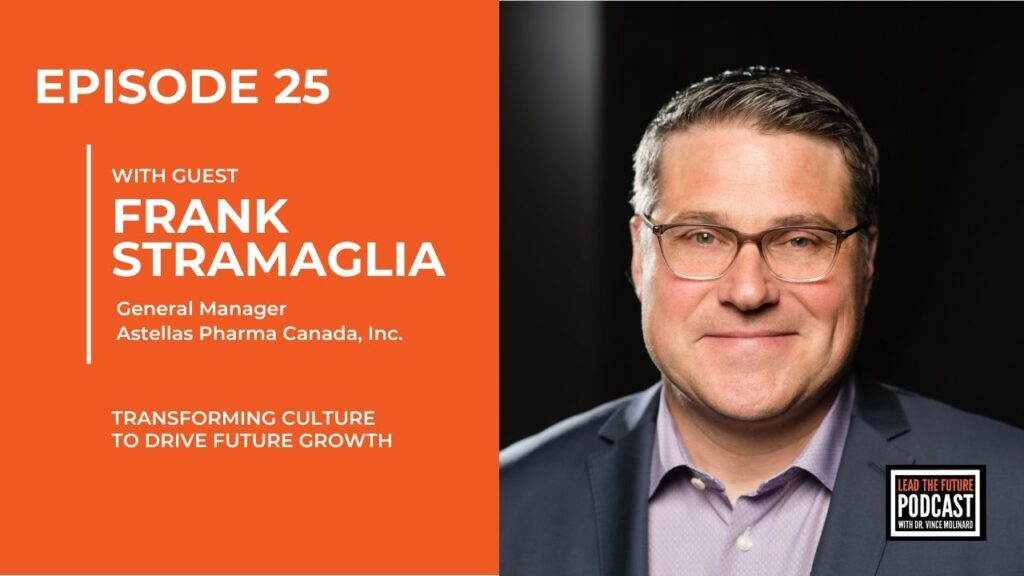If there is one resounding theme that has emerged in my work on leadership accountability over the past five years, it’s that we need leaders who have the courage to have a whole host of tough conversations. There have been so many great books written about the topic.
Yet, every week, I meet a CEO, head of HR or an extended leadership team who all admit how their company’s leaders struggle with having tough conversations.
As a result, many companies have invested heavily in bringing in training programs to equip leaders and employees with the skills to have difficult conversations.
Despite this investment, I’m also hearing that things are not improving. In fact, in a keynote presentation I delivered earlier this year, a Chief Human Resources Officer said, “We invested heavily in this kind of training, but we haven’t moved the dial at all, our people are still avoiding the tough conversations.”
How do I define a tough conversation? In my book, The Leadership Contract Field Guide, I point out that there are actually many kinds of tough conversations. What they have in common is they are typically about people issues. Tough conversations can include situations where:
- You have a direct report who was once really effective in their role, but now is struggling and no longer keeping up with new demands and expectations.
- You need to tell someone you don’t see their career progressing in the way they desire or believe it’s going.
- You need to provide feedback to someone about a behavioral issue that is getting in their way (e.g., talking too much during meetings, being a gossip, or chronic tardiness).
- You need to challenge a peer or colleague for bad leadership behavior.
- You feel compelled to raise an important but controversial issue with your manager or the senior executive team.
Why do we avoid talking about these things? There are several aspects of tough conversations that suppress our appetite for taking them on.
Not appreciating the impact of not having tough conversations
Most leaders I work with do not understand what happens when you avoid tough conversations. It’s a lot like when we skip a workout. You really don’t feel an impact when you don’t go to the gym, but over time it starts to affect our health. The same happens when we avoid tough conversations. We don’t realize that we actually make ourselves, our teams and our organizations, weaker. Issues never get resolved, and the longer they go unaddressed, they actually get harder and harder to solve.
Tough conversations are, well, tough
Tough conversations are tough for you, the leader, and tough for the person with whom you are having the conversation. You may tend to avoid them because it makes you uncomfortable, or you don’t want to deal with the reaction the other person may have (e.g., getting angry, starting to cry in your presence, or eroding their level of engagement).
The topic of the conversation can also be a factor. It can be complex, thorny and messy. There may not be a clear way forward, and so one feels hesitant as they go into the conversation without feeling confident as to the eventual outcome.
The other barrier is that there are risks to having tough conversations. You may fear that the relationship will be negatively, even permanently, affected. Or you may fear the “shoot the messenger” phenomenon and are concerned you will experience a backlash from the person. This can be a very real concern.
Having tough conversations in the absence of a strong relationship
The other challenge I see all the time is that we are trying to have tough conversations with people we have invested in building strong relationships. If you have built a relationship and the trust is high, tough issues are easier to resolve. If you haven’t, then the lack of trust impedes your ability to have tough conversations.
Lacking an approach to have tough conversations
Finally, many leaders simply don’t have a proven approach to have a tough conversation.
I have also found that what may hold some leaders back from having tough conversations is that they worry about the technique or how to structure the discussion. This certainly can be a barrier, but I find it can also be an excuse. The how is important. You certainly shouldn’t have a tough conversation when you are angry or in a vengeful state.
How to get better at having tough conversations
Here are eight steps for you to consider before you have your next tough conversation. The first four will help you prepare for the conversations. The rest help you have an effective tough conversation.
- Show you care. The first step isn’t always obvious. It’s to show the person you are talking to how much you care about them, the company, and your collective success. When you begin from this starting point, the person will know that, regardless of the issue, you have their back. They know your intentions are good. Now, they may not like what they hear, but they will appreciate your courage and the fact that you’re looking out for their best interests. This way, tough conversations can actually strengthen the level of trust between you and the person you are talking to.
- Rehearse the conversation. It’s helpful to practice having the conversation in your own mind, or even practice it with a trusted colleague. During your rehearsal, anticipate how the other the person might react and how you will react. Practice different ways of approaching the conversation until you find the one you are comfortable with.
- Mention that you need to have a tough conversation. Being transparent like this gives the person a heads-up that the discussion is not going to be easy for them or you. I find it also gets their immediate attention. Be firm and unwavering so the person knows it is an important conversation that you need to have with them.
- Determine if the person is ready to have the conversation. When you give them a heads-up, you may immediately find that they get defensive or extremely anxious. You need to determine whether they can endure a tough conversation at that moment, or whether you need to schedule another time. Make sure you remain calm and do not react emotionally yourself.
- Be direct and factual. Sometimes leaders muster up the courage to have a tough conversation and then undermine themselves by being evasive and unclear. This can confuse your colleague. If you need to, prepare your thoughts ahead of time. Don’t evade or try to soften the issue; address the core issue frankly with the facts.
- Highlight the impact of their behavior. Many times, people do not fully appreciate the impact of their behavior. It can be a blind spot for them. So, it is important to describe the gap between the individual’s behavior and the desired outcomes you are both trying to achieve. Clearly state how their behavior may be undermining their success, credibility or reputation.
- Encourage an honest response. Invite your colleague to respond. Be open to disagreement and debate. Remain calm, especially if the person gets emotional. For example, if you know the person may start crying, have a box of tissues and a glass of water ready to help them through it. If they tend to react defensively and with anger, stay calm and try not to react yourself.
- Reaffirm your positive intentions. It’s helpful to reassure the individual that your intentions are positive. Acknowledge points of strength to leverage and progress made, in addition to constructive feedback. Finally, remind them that you have their back and you are available for additional support.
Once you get comfortable putting these approaches into practice, the tough conversations will get easier. Tough conversations will always be tough; but they don’t have to be destructive, avoided or feared. Each of us needs to get tough to do the tough stuff in our leadership roles.
Are You Having the Tough Conversations?
Gut Check For Leaders








